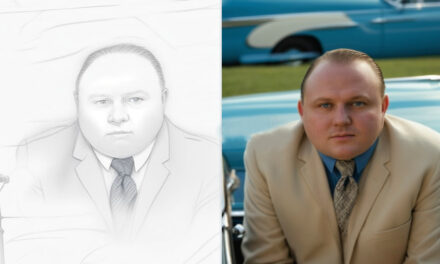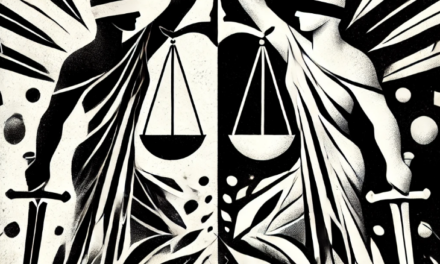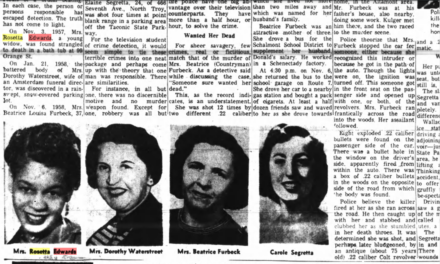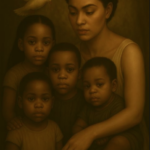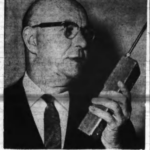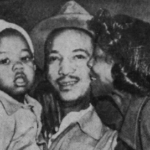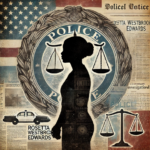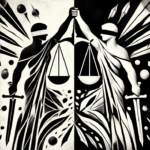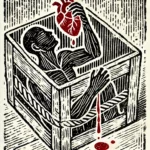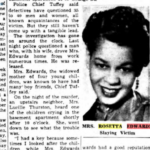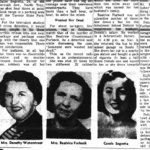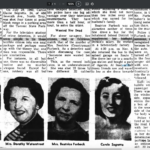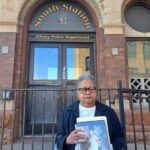A Thoughtful Reflection on Justice, Family, and Cold Cases by Edmund J. Janas, II
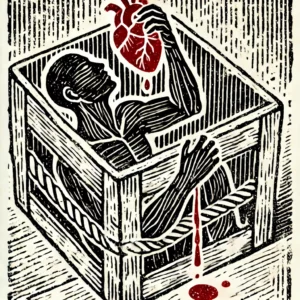
There are aspects of this investigation—both with law enforcement and family dynamics—that continue to weigh on me. The sharp turns in support, from enthusiasm to silence, have been difficult to process.
After much reflection, I’ve decided to step back from this investigation for now. The unanswered questions and inconsistencies in the media reports from 1957 remain unresolved, and my mind keeps circling back to what doesn’t add up. But for the sake of my well-being, I need to pause and regroup.
This case still matters deeply because all lives have intrinsic value. A murder like Rosetta’s doesn’t just impact one person or family—it leaves ripples across generations and communities. Every life lost to violence diminishes us all. My hope is that someone with the right resources and perspective will pick up where I’ve paused because there’s more to this story than meets the eye.
Understanding Family Dynamics
One of the greatest challenges hasn’t just been systemic—it’s been personal. I’ve come to see that family resistance to the truth isn’t born out of malice, but often out of fear, pain, or cultural norms. As my Aunt DD insightfully put it, “They want to know, but they don’t want to look.”
For many in our family, avoiding discussions about Rosetta’s murder was seen as a way to cope. Back in the day, talking about traumatic events wasn’t viewed as a step toward healing—it was seen as reliving the pain. And even today, that avoidance remains. Perhaps some fear giving their pain a voice, worrying that it will overwhelm them or reopen wounds they’ve worked hard to close.
These reactions are deeply human. Trauma shapes us in ways we don’t always recognize, and respectability politics—especially in Black families—can add another layer of complexity. When the media described Rosetta as a “negro woman” or speculated about her personal life, it reinforced damaging stereotypes, making it harder for her family to confront her story fully and honor her dignity.
But silence doesn’t heal—it isolates. It leaves questions unanswered and allows injustice to persist.
Why This Work Matters
This isn’t just about Rosetta; it’s about addressing the systemic failures that leave cold cases like hers unresolved for decades. Law enforcement, media, and even communities have roles to play in ensuring that every victim is seen, valued, and fought for.
For me, stepping back isn’t giving up—it’s about creating space to address both the personal and systemic barriers that have stood in the way. By processing my own feelings and understanding the family’s hesitations, I can return to this work with greater clarity and compassion.
A Call to Action
I believe in the power of citizen investigators and everyday people to bring light to cases that institutions neglect for political or financial reasons. Justice isn’t just about solving one case; it’s about affirming that every life has value and that every crime like this harms us all.
To my family, I ask this: Consider that justice doesn’t demand perfection or agreement—it demands honesty. We each carry pain, but by avoiding the truth, we let that pain define us instead of freeing ourselves from it.
I’ll continue this work when the time is right. For now, I’ll take the time to heal and reflect, but know this: Rosetta’s story will not be forgotten. Justice isn’t just about the past—it’s about shaping a future where no one’s story is buried in silence.
If you are a New York State Civil Rights Attorney and would like to help our cause, please reach out to me at info@DiscoveringPie.com.
—Edmund


